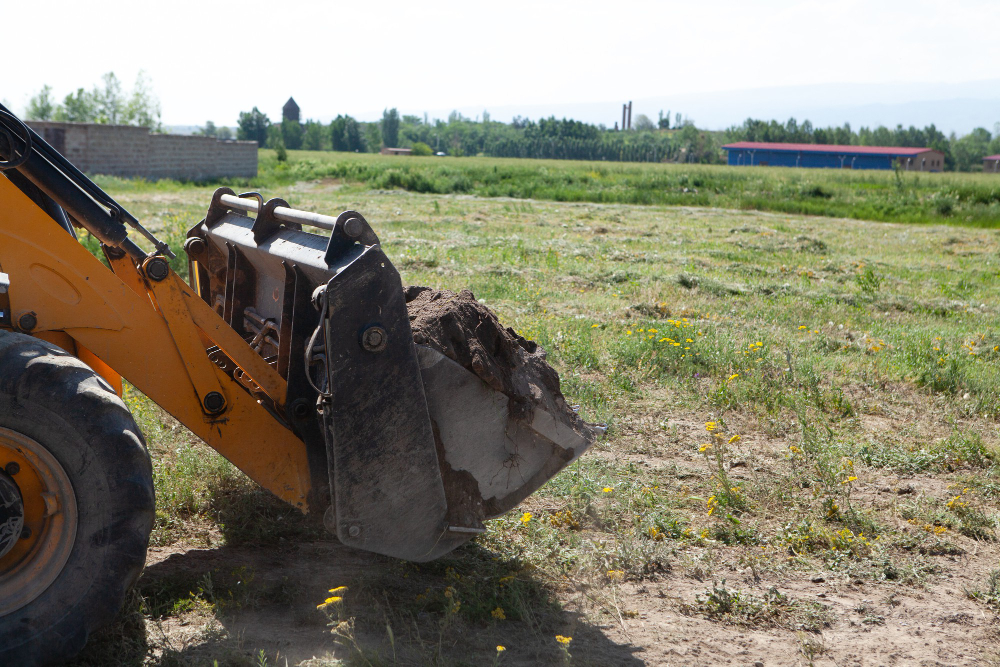Avoid These Common Mistakes When Buying Raw Land

Buying raw land can be a smart investment, but it can also be a mistake if you're not careful. Raw land is not like a house or a car, it does not come with a warranty and you can run into unforeseen issues. As a result, it's important to approach land buying with caution. In this blog, we're going to discuss some of the most common mistakes to avoid when buying raw land.
1. Failing to Research the Land
The first mistake that most people make is failing to do their research. Once you have identified the land you are interested in, you should research the area's zoning laws, environmental regulations, and other variables that may affect your plans for the land. Also, you should check the title for any encumbrances such as liens or easements. Failing to do this research could turn out to be a costly error, and can make developing or building on your land difficult or even impossible.
2. Ignoring the Access Routes
You should not underestimate the importance of access. Before buying the land, you should check the surrounding area to see if there are good quality access routes to the land. This includes assessing the quality of the road network, the availability of public transit and other amenities. The importance of accessibility increases exponentially when you want to develop the land or use it for commercial activities.
3. Overestimating Your Budget
Raw land prices are increasing, and many people are underestimating the amount of money they need to set aside for purchase. Especially if you are planning on using over the long-term for development, you will need a bigger budget. Keep in mind that the cost of buying the land is just the beginning. Plans for grading, soil tests, utility installations, and other preparatory work before building or planting can also add significantly to your budget. Thoroughly analyzing the project before you buy, and ensuring that all necessary work falls within your budget, can help avoid some nasty surprises.
4. Not Considering the Implications of Natural Disasters
Finally, when buying raw land, you should consider the potential risks from natural disasters. These could include floods, earthquakes, or fires. It is important that you research whether the land is prone to such risks and the effects they could have on your plans. Check local flood maps and land development regulations to help make an informed decision. You should also consider purchasing insurance that covers damage from natural disasters.
Conclusion
In conclusion, buying raw land is a smart investment, but only if done with careful consideration of the potential risks and rewards. Being an informed buyer, scout out potential problems with access, rising cost estimates, land restrictions and environmental risks. Following this article’s advice you are well on your way to finding the perfect raw land for your dream project. However, if you do encounter any issues down the road, it is always advisable to reach out to experts with land clearing in Flagler Beach, such as Rogers Landworks. They can provide more information on the necessary preparation and services needed to realize your vision, coupled with good estimates.